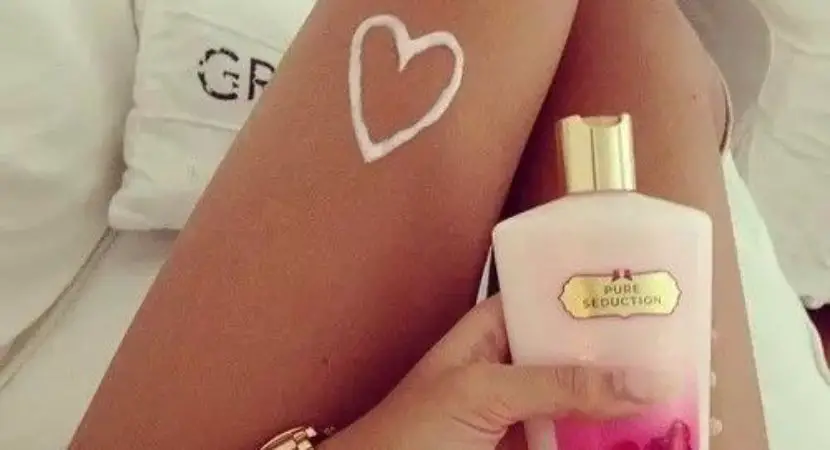It’s enough that there are seemingly a million moisturizer brands on the market. And to choose between them, it is important to first identify whether to look for a lotion, cream or body butter. All moisturizers are products to lock moisture into the skin, but the three work differently, and on a spectrum with totally different skin types at either end.
Lotions are typically the thinnest in texture and feel. Creams usually have similar ingredients, but are whipped with a thickening agent. Body butters are the thickest of the bunch, with oil as an active ingredient.
MUST READ: Is Your Shower Soap Increasing Your STI Risk?
MUST READ: Bar Soap versus Body Wash: Which Is Better
The thickness of the moisturizer relates directly to how long the product stays on your skin, but there’s another important difference to note before taking an in-depth look. Lotions and creams typically include water as an ingredient, while body butter usually does not. And so, body butter won’t be as effective at “locking moisture in” if your skin is dry and you don’t have much moisture to begin with!
Finding the right moisturizer requires some trial and error. Take a little joy in the excuse to buy a few products and try them out. The product that works best for you will be something you only know after using it—don’t let names or taglines convince you. And the “errors” aren’t all bad, either, because you’ll be trying out new aromas as well. Over the course of your testing, you will be taking care of yourself and smelling fabulous at the same time.
Lotions:
Lotions are thinner, and typically water based. By being thinner they feel much lighter on the skin, and allow your pores to continue breathing while at the same time locking moisture in. And, for being thinner, they come in more convenient bottles – if having a pump or squeeze bottle is more important to you than the ingredients, lotion will probably be the way to go.
Because they’re thinner, lotions are also easier to apply. If you are the type who doesn’t like to take the time massaging a moisturizer into your skin, lotions are much easier to work with. They’re also the best solution for hard-to-get spots or areas with hair, like your scalp.
Creams:
Creams are the perfect goldilocks standard. They are typically water based, just like lotions, which makes them good for dry skin without moisture of its own. But because they’re much thicker, they also lock in moisture better and last longer after applying.
One of the most popular applications of creams is straight out of the shower. Because your skin is wet, the moisturizer will be easier to apply even if it’s thicker. And post-shower, it will be even better suited to lock all that water in and keep your skin healthy.
Body butter:
Body butter is, perhaps, your most luxurious moisturizer option. The thickest of all, butters typically don’t have any water ingredient, but boast natural oils instead. Coconut and jojoba are examples of popular oils used in body butters.
Because body butters are so thick, they do the best job of locking moisture in—however, you have to have moisture in your skin already, because without water a body butter has no moisture of its own. If your skin is very dry, only apply butters after a shower.
The thickness of body butters also works to lock things out as well as in. In harsh environments, they can help protect your skin even more from outside elements.
Whether or not you have natural moisture in your skin is one of the biggest factors when choosing a moisturizer. However, another major consideration is acne. If you’re prone to acne, the thicker the moisturizer the more you lock in the bacteria that makes you break out. Many moisturizers are made specifically for skin with acne, because of how tricky it is to keep skin moist with the acne-fighting ingredients that typically dry you out.
Another thing to note is, while there are certainly industry trends, there aren’t actual rules to what ingredients makes a moisturizer a lotion, cream or body butter. With this and the major competition in the sector, even after you’ve identified your preference between them, there’s still more research to be done.
After you’ve narrowed it down to lotions, creams or body butters, the next thing to do is to test out brands and features. Once you find the moisturizer you love, read and remember its ingredients. If you have to shop for another brand, or grab yourself an emergency bottle at some point and can’t find your product, at least then you will be able to flip a few bottles over and find the closest match.
We can’t say it enough: your perfect moisturizer will depend on your skin. So go check some out and see for yourself! It will be one of the most luxurious experiments of trial and error you have ever done.

